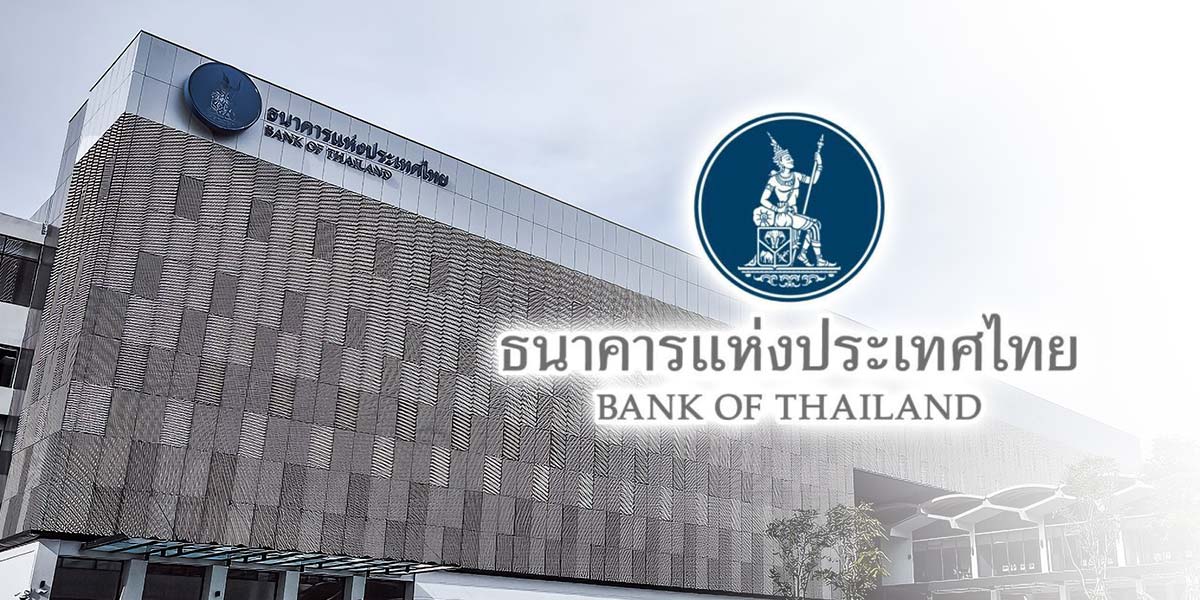The Bank of Thailand (BOT) expects the country’s commercial banking sector to continue facing external challenges in the second quarter of 2025, particularly due to trade policies from the United States and heightened competition from increasing imported goods.
Suwannee Jatsadasak, Assistant Governor of Supervision Group at BOT, stated that prolonged or stalled trade negotiations could negatively impact Thailand’s export sector.
The BOT is closely monitoring the situation and continues to implement long-term infrastructure initiatives designed to enhance lending. Notably, the central bank is pushing for greater use of Open Data and is facilitating the allowance for new banking entrants in order to improve access to capital sources.
For 1Q25, the Thai banking sector remained stable, maintaining high capital adequacy and liquidity ratios. However, total loans contracted by 1.3% year-on-year, mainly due to accelerated repayments, especially within SME and consumer loan segments.
Meanwhile, Non-Performing Loans (NPLs) increased to THB 548.1 billion or 2.90% of total loans. Stage 2 loans remained steady at 6.97%, attributable to substantial repayments from large clients.
Banks continue to provide support to their debtors, and first-quarter operational results improved due to lower operating costs and an increase in non-interest income, despite a drop in net interest income.
Although commercial banks have maintained strong stability, the BOT must keep a close watch on the current tight financial conditions and the repayment abilities of both businesses and households, particularly among vulnerable groups that are lagging in recovery and remain highly indebted, Suwannee cautioned. She also noted that the household debt-to-GDP ratio decreased in 4Q24 in line with the slowdown in credit expansion.





